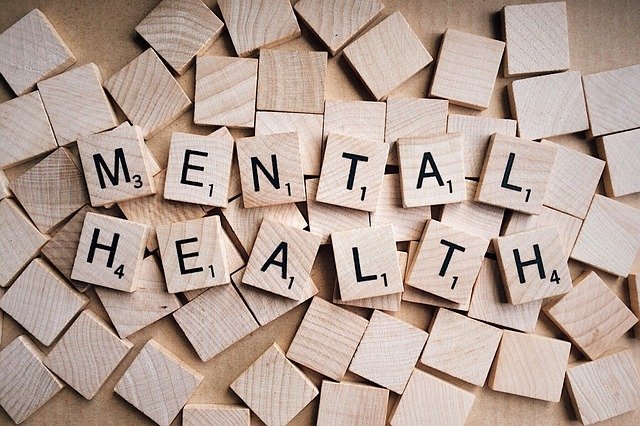Everyone occasionally has bouts of sadness, but these feelings are usually temporary. When a person has a depressive disorder, it interferes with daily life and normal functioning. It is a common but serious illness.
There is no single known cause of depression, but it likely results from a combination of genetic, biochemical, environmental and psychological factors. Depression commonly coexists with other illnesses, such as anxiety disorders or alcohol/substance abuse. It can affect anyone at any time, from children to older adults.
Types of Depression
There are several forms of depressive disorders, the most common being the first two listed below.
- Major depressive disorder—characterised by a combination of symptoms that interfere with a person’s daily life; it is disabling and prevents a person from functioning normally.
- Dysthymic disorder—also called dysthymia, it is long-term (two years or longer) feelings of depression that are not extremely severe but still prevent a person from normal functions of daily life.
- Psychotic depression—occurs in conjunction with a form of psychosis, such as hallucinations or delusions.
- Postpartum depression—can occur within a year of giving birth. Symptoms include: sadness, lack of energy, trouble concentrating, anxiety, and feelings of guilt and worthlessness.
- Seasonal affective disorder (SAD)—characterised by the onset of depression during the winter months, when there is less natural sunlight.
Symptoms
- Persistent sad, anxious or ‘empty’ feelings
- Feelings of guilt, worthlessness and/or hopelessness
- Irritability, restlessness and/or fatigue
- Loss of interest in activities once pleasurable
- A dramatic change in appetite
- Insomnia
- Thoughts of suicide
Diagnosis and Treatment
Depression is highly treatable. The first step is to visit a doctor and determine a diagnosis. Once diagnosed, a person will likely be treated with psychotherapy or medication. In addition, it is important to exercise, participate in activities, spend time with loved ones, and think positively. Consider postponing any major decisions, such as marriage or a career change, until feeling better.
Helping Those Affected
The most important thing to do is to help the person get an appropriate diagnosis and treatment.
- Offer emotional support.
- Be a good listener.
- Never ignore comments about suicide—report them to your friend’s relative or doctor.
- Invite your friend to do things with you.
- Remind your friend that with time and treatment, the depression will lift.

